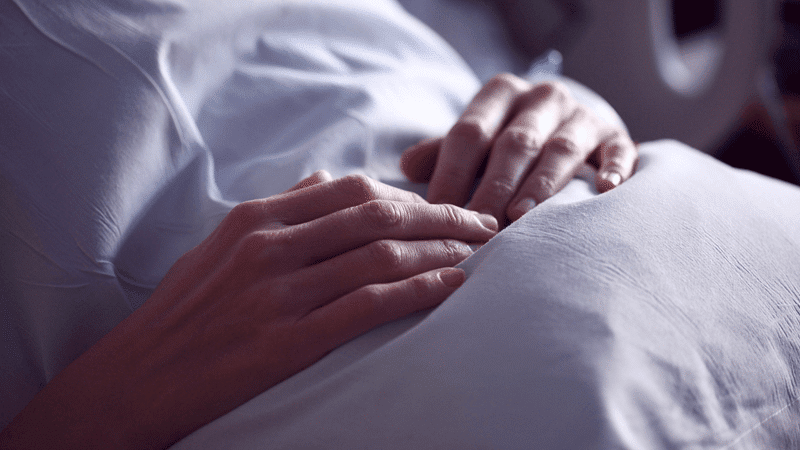Doctors in the Netherlands will be allowed to sedate dementia patients before euthanising them, if they fear they will resist.
New guidelines say that in cases of severe dementia where the patient has lost the ability to communicate, doctors no longer have to obtain their consent if an ‘advance directive’ stating their wishes has been previously agreed.
The rules now state “it is not necessary for the doctor to agree with the patient the time or manner in which euthanasia will be given”, and that sedation is permissible if a patient becomes “disturbed, agitated or aggressive”.
Secret sedation
The guidance was issued in response to a Dutch Supreme Court decision earlier this year on a case involving a doctor who put sedative in the coffee of her 74 year-old patient without her knowledge, before administering a lethal injection.
Dr Marinou Arends was cleared of wrongdoing, and the Court stated that if a patient is no longer capable of giving consent, a doctor does not need to take a literal interpretation of an advance directive.
The ruling proved highly controversial. When the details of the case were publicised, 220 doctors published an advert in which they blasted any doctor who “secretly” sedated patients before euthanising them.
‘Slippery slope’
Euthanasia has been legal in the Netherlands since 2002, but one doctor warned that the law is increasingly “being interpreted more and more broadly”.
Earlier this year Dutch euthanasia doctor Bert Keizer admitted that “those who embark on euthanasia venture down a slippery slope along which you irrevocably slide down to the random killing of defenceless sick people”.
In October, the Dutch Government announced it would go ahead with plans to decriminalise euthanasia for children under the age of twelve.
It is already legal to euthanise babies up to one-year-old in limited circumstances and with parental consent.
Netherlands approves euthanasia for under 12s
Dutch assisted suicide ‘a cautionary tale’ for UK, experts tell MPs
Euthanasia doctor confirms ‘slippery slope’ argument is right
‘In a civilised society every life has value’, says bioethicist



